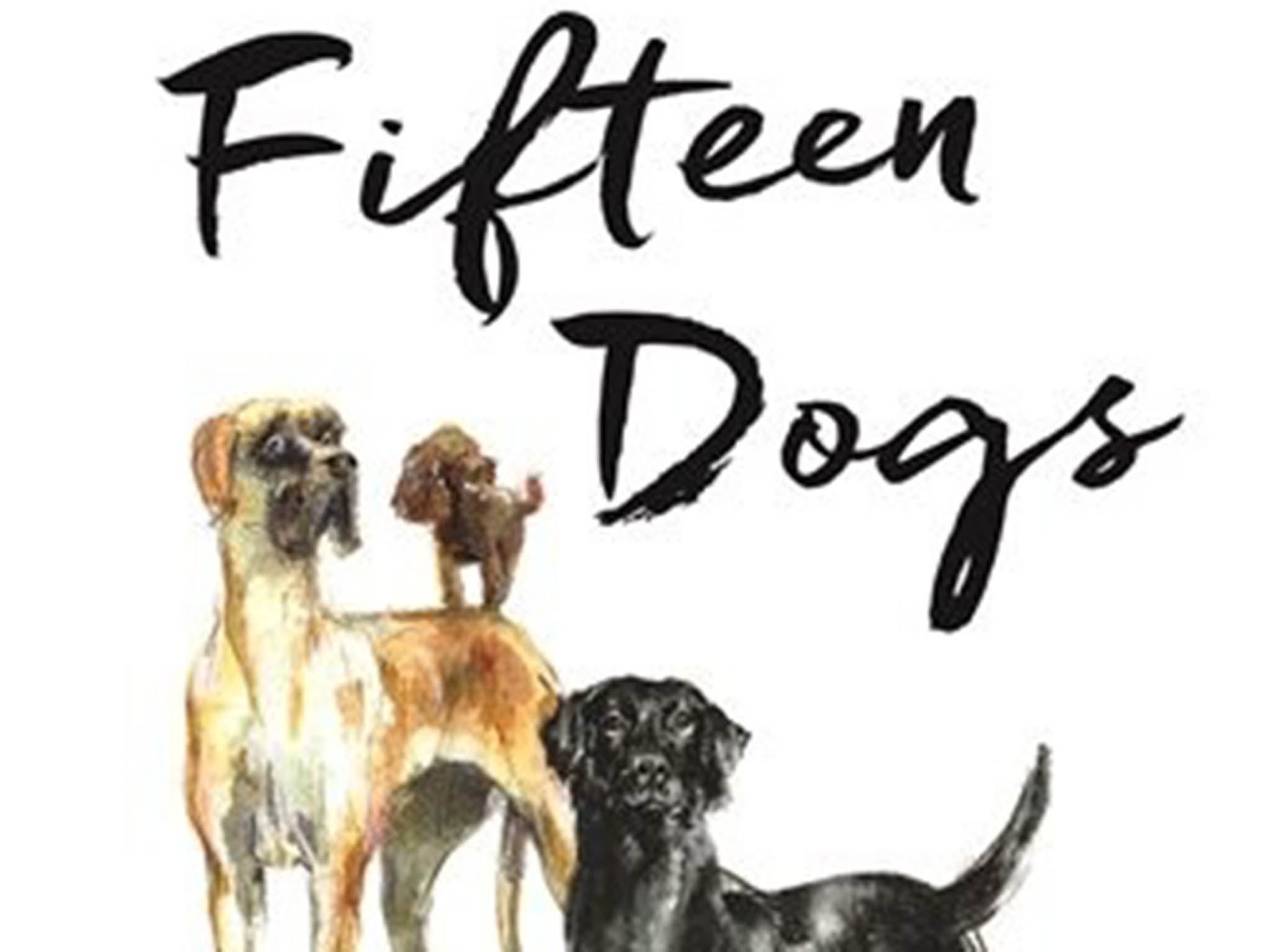André Alexis, Fifteen dogs: Who’s a clever boy then?, book review
Alexis gives dogs the power of human thought, and enlists the help of Greek gods to do so

Your support helps us to tell the story
From reproductive rights to climate change to Big Tech, The Independent is on the ground when the story is developing. Whether it's investigating the financials of Elon Musk's pro-Trump PAC or producing our latest documentary, 'The A Word', which shines a light on the American women fighting for reproductive rights, we know how important it is to parse out the facts from the messaging.
At such a critical moment in US history, we need reporters on the ground. Your donation allows us to keep sending journalists to speak to both sides of the story.
The Independent is trusted by Americans across the entire political spectrum. And unlike many other quality news outlets, we choose not to lock Americans out of our reporting and analysis with paywalls. We believe quality journalism should be available to everyone, paid for by those who can afford it.
Your support makes all the difference.At times, dogs seem almost human, but what would they really be like if they had the power of human thought? That is Alexis’s audacious premise and to bring it about he enlists the help of a couple of Greek gods. Apollo and Hermes are out on the town in Toronto when they decide to have a wager.
Apollo bets that any group of animals given human consciousness would be even more unhappy than humans are. Hermes accepts on condition that if, at the end of its life, even one of the animals is happy, then he will win. Accordingly, the gods find a collection of 15 dogs awaiting treatment in a local veterinary clinic, then radically alter their minds and observe what ensues.
The dogs swiftly discover how to unlock their cages and most of them escape. From the off they are assailed by new perceptions and ideas. They see the colour red for the first time and find it beautiful. They gaze into the night sky and ponder the notion of infinity. Then there is the question of where everything has come from: is there a “master of masters” out there, responsible for it all?
Atticus, a Neapolitan mastiff with cascading jowls, seizes control of the pack. Atticus is of a conservative bent and he is troubled by his new faculties. They seem to be in conflict with the nobility of canine instinct and nature, not part of what truly makes a dog a dog. He rules that the pack must ignore their new abilities and continue to behave like dogs. The dissenters are summarily killed or flee into exile.
Majnoun, a black poodle, forges an intense relationship with a human female, but whether it can lead to happiness is unclear. Perhaps the most distinctive dog of all is Prince, a mutt who has also gone by the name Elvis. Prince is a promising poet, but life for him, as for the other dogs, is not easy. There is much ill fortune and many tragedies so that it looks as if Apollo may win out, though nothing is certain.
Alexis excels at sparking drama from collisions between the canine and the human. He is also well versed in Greek myth and legend, yet where Fifteen Dogs really succeeds is on an allegorical level. There are superficial similarities in approach to Animal Farm, but Alexis’s dogs are drawn with greater depth than Orwell’s menagerie and he goes beyond politics, using them to look at human issues of fulfilment, happiness, and love. These sensitive explorations help to make this startlingly original novel as thought-provoking as it is enjoyable. In sum, this is the dog’s bollocks.
Fifteen Dogs, by André Alexis. Serpent's Tail £7.99
Join our commenting forum
Join thought-provoking conversations, follow other Independent readers and see their replies
Comments